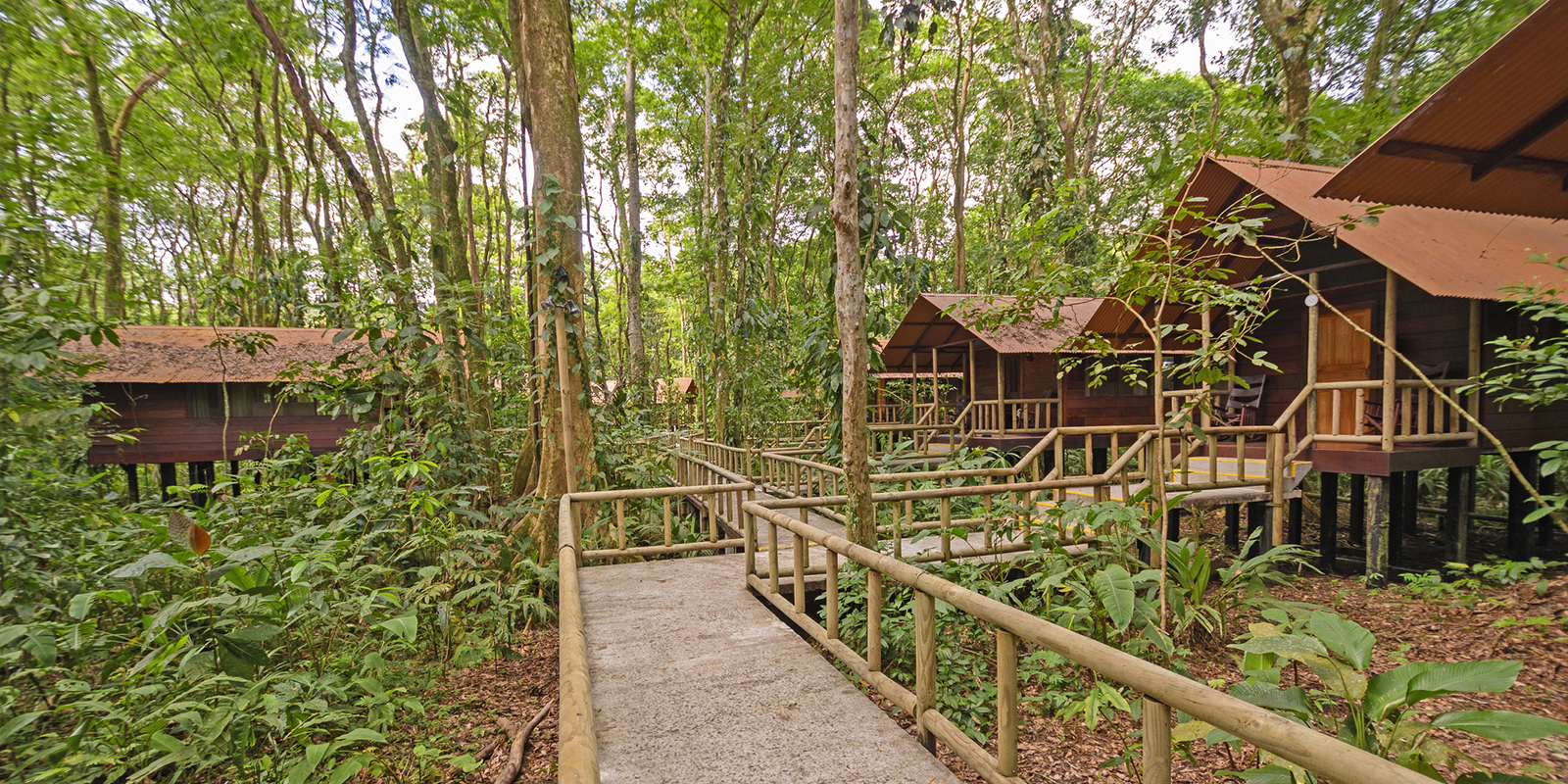The Chaplin School of Hospitality & Tourism Management at Florida International University (FIU) launched a new, online Bachelor of Arts in Global Sustainable Tourism this semester. Find out why global sustainable tourism is an essential part of the future of hospitality.
Why is now the right time to launch this degree?
FIU’s new Bachelor of Arts degree in Global Sustainable Tourism (GST) comes at a crucial time when the global pandemic has awakened the tourism industry to its often-tenuous relationship with local communities and the environment. Worldwide, the impacts of tourism on the natural and cultural heritage environments are coming under increasing scrutiny. There is an urgent need to protect the resources that attract tourists to destinations around the globe and the industry is looking for future leaders to manage more sustainable operations in hospitality and tourism. Students in the GST program, a collaboration between the FIU’s Chaplin School of Hospitality & Tourism Management and FIU’s Department of Earth & Environment, will be the industry’s future leaders, balancing customer experiences with the impact of tourism on our environment.
What new courses have been added for this program?
• Global Travel and Tourism Development
• Global Sustainable Tourism Development in Natural Resources
• Adventure and Ecotourism
• Beaches and Tourism
• Sustainability and Well-being in Global Societies
• Destination Marketing and Management for Cultural Heritage
• Senior Seminar in Global Sustainable Tourism
Why is this program essential to Florida and the tourism industry.
Tourism is Florida’s number one industry and South Florida is the living laboratory where tourism and environment will thrive together, or not at all. Tourism is a tool for conservation and in the long-term, preservation resources and economics are symbiotic. In our State of Florida, there is increased pressure to protect our natural attractions which include the state’s 825 miles of beaches, the Everglades, the Keys, coral reefs, springs and mangroves. Other alarming events such as red tide, climate change and sea-level rise, and extreme storm events have all raised awareness of the vulnerability of the tourism industry both locally and abroad.
Can adopting sustainable practices change the way hospitality businesses operate?
Yes. Major American hospitality and tourism corporations including Hilton, Carnival, and others, have aligned their sustainability programs with the UN’s Sustainable Development Goals (SDGs), making 2030-target commitments to reduce their environmental footprints and setting social-impact goals.
Today’s organizations need sustainability leaders who will balance purpose with profits. In a nutshell, the overarching thrust of the program is to teach students how tourism can adapt to and mitigate climate change and become a key sector in the transition to low-carbon economies, which global brands are currently positioning to do, while increasing their environmental sustainability leadership.
Where are students in the global sustainable tourism from?
Our students are currently from Miami, West Palm Beach, Stuart, Jacksonville and Tallahassee, Florida. From other states, we have students from Michigan, North Carolina and Pennsylvania. We also have a few international students from countries like Peru and Venezuela.
Do students have a chance to get any hands-on experience in the field?
While this is an online program, our Global Sustainable Tourism students are currently getting experiential learning opportunities, such as working on sustainability practices at major mega and large-scale events such as the South Beach Wine & Food Festival®, Ultra Music Festival and the Tortuga Festival in areas such as food rescue redistribution as well as conducting sustainability audits to decrease a large event’s carbon footprint.
